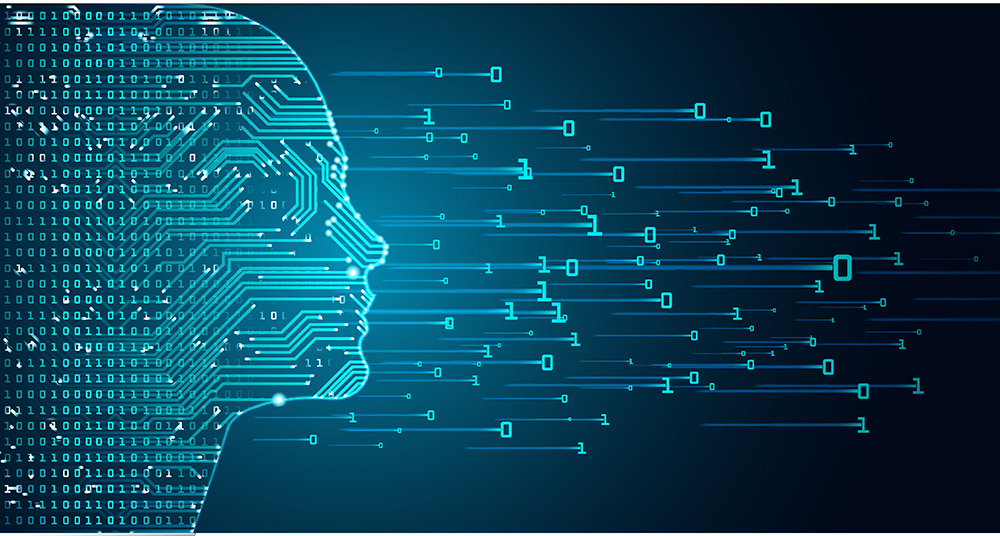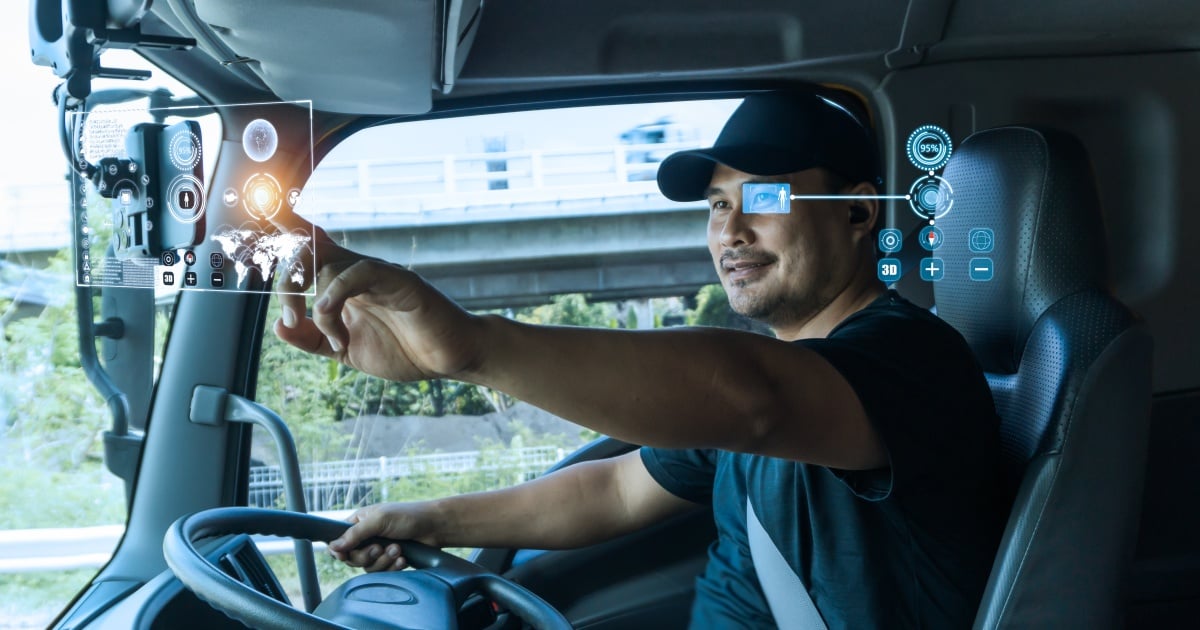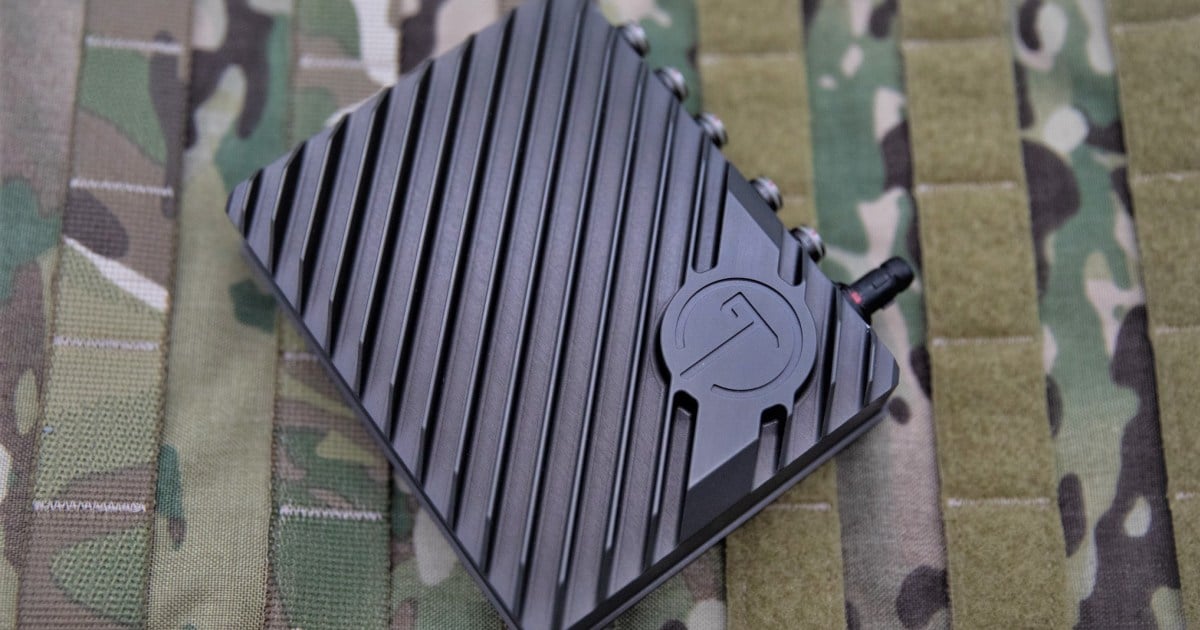
Eta Compute, a machine learning company, recently announced its new TENSAI Flow software, which is designed to complement the company’s existing development resources and enable design from concept to firmware in IoT and low power edge devices.
“Neural network and embedded software designers are seeking practical ways to make developing machine learning for edge applications less frustrating and time-consuming,” said Ted Tewksbury, CEO, Eta Compute. “With TENSAI Flow, Eta Compute addresses every aspect of designing and building a machine learning application for IoT and low power edge devices. Now, designers can optimize neural networks by reducing memory size, the number of operations, and power consumption, and embedded software designers can reduce the complexities of adding AI to embedded edge devices, saving months of development time.”
“In order to best unlock the benefits of TinyML we need highly optimized hardware and algorithms. Eta Compute’s TENSAI provides an ideal combination of highly efficient ML hardware, coupled with an optimized neural network compiler,” said Zach Shelby, CEO, Edge Impulse. “Together with Edge Impulse and the TENSAI Sensor Board this is the best possible solution to achieve extremely low-power ML applications.”
Eta Compute’s TENSAI Flow software reportedly smoothes development by confirming feasibility and proof of concept for machine learning applications in IoT and low power edge devices. It includes a neural network compiler, a neural network zoo, and middleware comprising FreeRTOS, HAL and frameworks for sensors, as well as IoT/cloud enablement.
“Google and the TensorFlow team have been dedicated in bringing machine learning with the tiniest devices. Eta Compute's TENSAI Flow is another step in the same direction and enables TensorFlow networks to run on Eta Compute's ultra low power SoC, with the best optimization the company can provide,” said Pete Warden, Lead of the TensorFlow Mobile/Embedded team, Google. “We welcome this initiative that sets new benchmarks for machine learning in edge devices and shows the dynamism of the TinyML field.”
Ken Briodagh is a storyteller, writer and editor with about two decades of experience under his belt. He is in love with technology and if he had his druthers would beta test everything from shoe phones to flying cars.Edited by
Ken Briodagh





